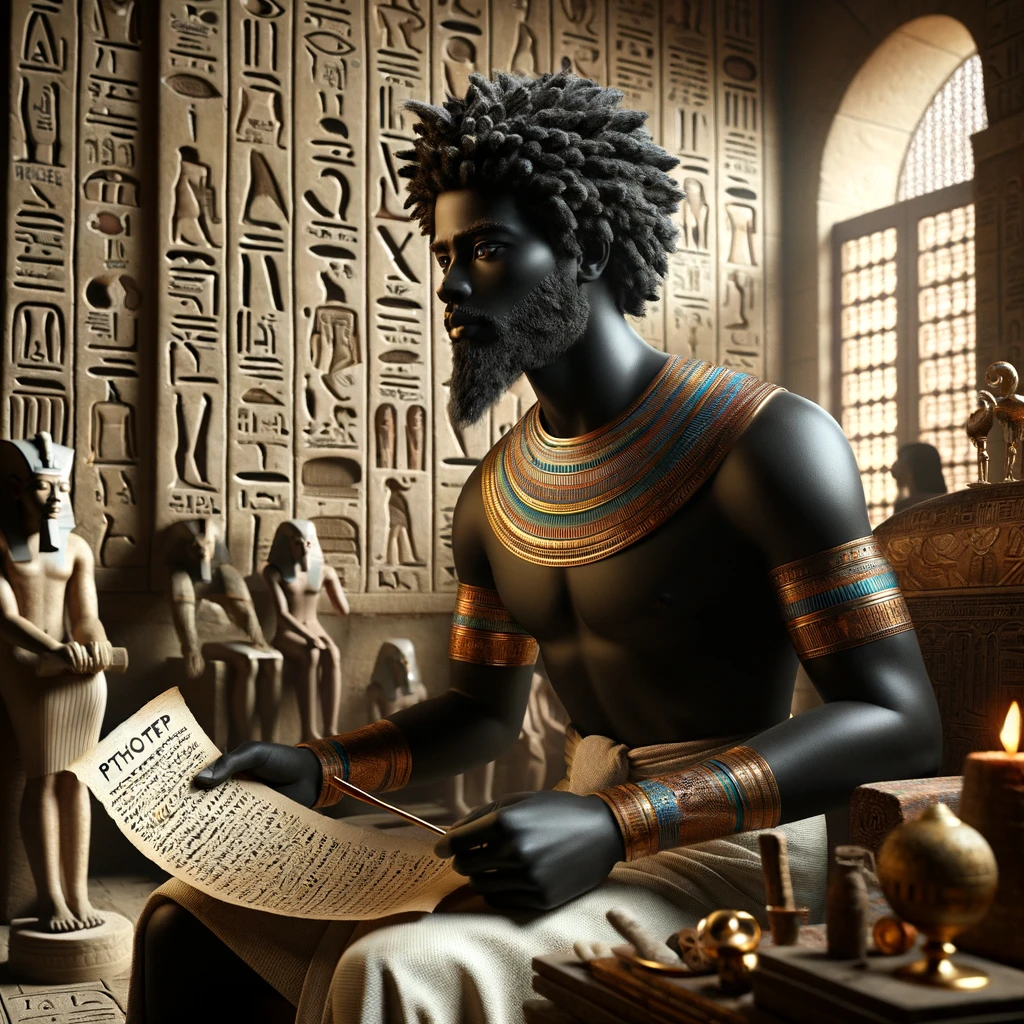The “Papyrus of Ani,” often referred to as the “Book of the Dead,” is a remarkable example of ancient Egyptian literature that provides profound insights into the spiritual beliefs and practices of this ancient civilization. Created during the 19th Dynasty around 1250 BCE, this funerary text is not only a literary masterpiece but also a key to understanding the concepts of the afterlife, the soul’s journey, and the rituals associated with death.
This ancient manuscript is a beautifully illustrated and meticulously written guidebook for the soul’s journey through the perilous realm of the afterlife. It is filled with hieroglyphics and hieratic script accompanied by vivid illustrations depicting scenes of the deceased’s journey and encounters with various deities. But what sets it apart are the spells, rituals, and incantations that are designed to protect the deceased and ensure their safe passage to the realm of Osiris, the god of the afterlife.
One of the most iconic scenes depicted in the “Papyrus of Ani” is the judgment scene. Here, the heart of the deceased is weighed against the feather of Ma’at, the goddess of truth and justice, with Thoth, the ibis-headed god of wisdom and writing, recording the results. If the heart is found as light as the feather, the soul is deemed worthy of entering the blissful afterlife; if not, it faces the terrifying devourer of souls, Ammit.
While this ancient manuscript is a product of its time and culture, it bears striking resemblances to some modern spiritual practices. The concept of a soul’s journey, the need for protection in the afterlife, and the idea of facing one’s deeds in a cosmic judgment are themes that continue to resonate in contemporary spirituality.
The “Papyrus of Ani” endures as a testament to the profound beliefs of the ancient Egyptians and their unwavering desire for eternal existence. It captivates the imagination and serves as a bridge between the past and the present, reminding us of our enduring curiosity about the mysteries of existence and the desire for a meaningful afterlife. This masterpiece of ancient Egyptian literature stands as a testament to the enduring power of human beliefs and the written word.
